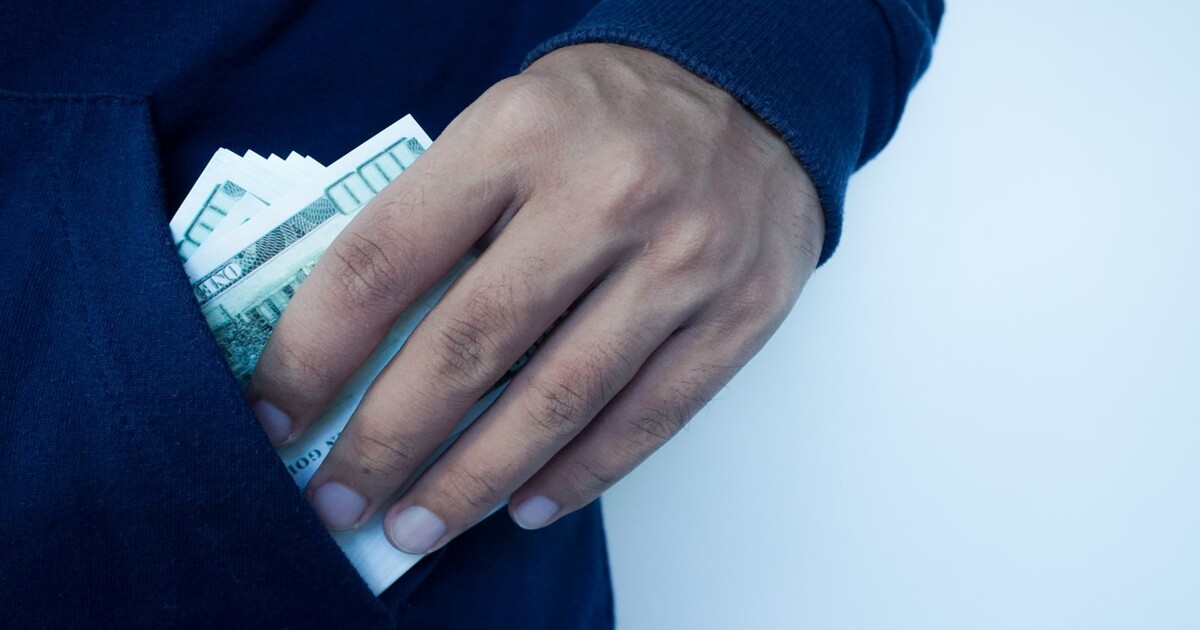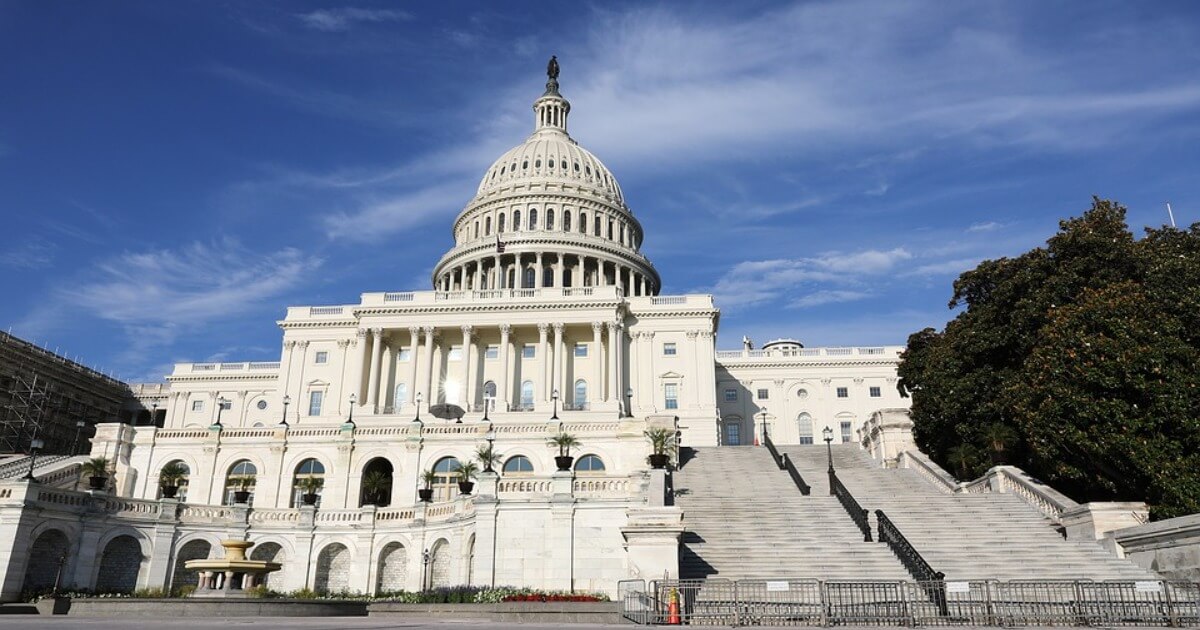Trump-Style U.S. Financial Deregulation and Its Global Ramifications
Trump and his billionaire donor buddies are busy working on deregulating the U.S. financial system to stuff their pockets. The rest of the world will feel the effects.
February 6, 2025

A Strategic Intervention Paper (SIP) from the Global Ideas Center
You may quote from this text, provided you mention the name of the author and reference it as a new Strategic Intervention Paper (SIP) published by the Global Ideas Center in Berlin on The Globalist.
Major funders of President Trump’s election from Wall Street and Silicon Valley are going to be rewarded with a very palpable benefit — far-reaching financial deregulation. The consequences of this move could be even more dire than the global economic and financial crisis of 15 years ago.
We are already seeing sweeping cuts in government oversight. The coming weeks and months will bring a completely unrestrained and ill-advised deregulation of digital finance, banking and crypto finance.
The far-reaching U.S. reforms may ver well lead to European and Asian financial institutions calling on their authorities to match the U.S. measures, arguing that otherwise their competitive positions will be sharply weakened.
Global challenges
Major banking deregulation in the United States will add pressure on European authorities, for example, to permit more mergers to enable the largest banks to match the scale of operations of the largest U.S. banks.
As to probable effects just consider the continuing consequences of the forced merging of failing Credit Suisse into UBS. This manoeuvre resulted in a massive cluster risk for the Swiss economy due to having one major global bank.
UBS is engaged in an ongoing public argument over regulation with the Swiss authorities and constantly calls for an easing of well-advised controls. The bank may succeed in these efforts if U.S. banks enter a new era of reduced regulatory constraints.
Trump-era “reforms”
The U.S. “reforms” under Trump II will raise financial risk-taking, promote greater leveraging of finance. They will unleash a new tidal wave of greed by finance managers.
In addition, they will also attract enormous sums of speculative capital flowing from abroad into U.S. markets – unless primarily European and Asian financial rules and regulations get into line with those in the United States.
We would all do well to remember that it was the deregulation of U.S. banking in the late 1990s was that led to an era of reckless finance, eventually triggering the 2008 disaster. This was the worst global economic and financial crisis since the 1930s.
Right now, there is not a single U.S. agency or individual in place in or around the Trump White House to slow the momentum of deregulation that is just starting.
Firing the incumbents
President Trump made it clear even before taking office that he would replace the heads of key financial agencies. Gary Gensler, who had pursued crypto currency regulation as head of the Securities and Exchange Commission, was replaced by Paul Atkins, a business consultant with clients in the crypto-financial industry.
Then Michael Barr, the head of banking supervision at the Federal Reserve Board, who has long been criticized by the banks for promoting tough regulations, has resigned from this position.
And on February 1, Rohit Chopra received an e-mail from the White House telling him that he was fired with immediate effect as the head of the Consumer Financial Protection Bureau (CFPB).
Digital finance unshackled
The CFPB was established by Congress after the 2008 financial crisis to investigate banking fraud and supervise banking services to individual customers using retail services.
It broadened the scope of its supervision in 2024 to technology firms that provide digital payment services – Google Pay, Apple Pay, Vinmo, Samsung Pay, Cash App and PayPal.
Each of these companies manages more than 50 million in annual transactions, overwhelmingly to people aged between 18 and 34.
Elon Musk’s influence
These firms do not take savings deposits, but unshackled from regulatory oversight they may well enter the field. After President Trump’s election, Elon Musk said that the CFPB should be abolished.
He has so much White House influence that he may succeed in a goal that could, for example, see his “X” social media company enter the financial services business, especially if it could engage in trading in markets, leverage funds and compete directly with banks.
The architect of the CFPB was Senator Elizabeth Warren who, after Rohit Chopra’s dismissal, pointed out that the agency has returned to consumers over $20 billion since its establishment as a result of fraud investigations.
She added: “If President Trump and Republicans decide to cower to Wall Street billionaires and destroy the agency, they will have a fight on their hands.”
Senator Warren can, in fact, do very little if Trump decides to stop funding the agency and seeks to appoint a new CFPB head who shares Musk’s distain for government regulations.
Musk, after all, has been appointed by Trump to find ways across the government to reduce regulations and costs – financial supervisory agencies are an easy target.
Record banking profits
The United States’ largest banks are enjoying record profits, yet greed drives them. They failed to convince the Biden Administration and Michael Barr at the Federal Reserve Board to ease stress tests and reduce capital reserve requirements.
Barr has now been forced out and Trump is likely to nominate someone far more friendly to the banks. No matter that these major banks, as well as their prime European rivals, are “too big to fail.”
The moral hazard is evident
The biggest banks know that if they take exceptional risks and face failure then, as was the case in 2008/2009, governments will bail them out!
The CEO of Goldman, Sachs bank, David Solomon, reported record earnings in the final quarter of 2024, took home a record $39 million in pay and was awarded a further $80 million by the bank’s board of directors to stay in his post for another five years.
The largest U.S. bank, JP Morgan Chase, also reported record earnings and its Chairman and CEO Jamie Dimon also took home a $39 million pay packet. But it is not enough. The banks want deregulation to allow them to take bigger risks with the hope of bigger profits.
In his latest letter to shareholders, Dimon complained that since the post-2008 financial crisis banking legislation there has been “duplicative, inconsistent, procyclical, contradictory, extremely costly and unnecessarily painful.”
He called for sweeping reforms to make the whole process of banking supervision much more productive, streamlined, economical, efficient and safe.
Trump family and crypto
Just as the biggest banks are likely to get what they want from Trump, so too will companies engaged in crypto currencies.
Despite the high risks of fraud and money laundering in this area of finance, the President and his family, again strongly encouraged by Elon Musk, as well as a number of other billionaires who contributed large amounts to his election campaign, have a powerful personal interest here.
Crisis ahead
The U.S. financial system appears to be all measures to be healthy. Stock prices are at record highs and bank profits have never been higher. Technology companies offering digital payments services are generating large earnings. If there is one deeply worrying area, it is the crypto currency bubble, which demands more regulation, not less.
Nevertheless, powerful billionaires, such as Elon Musk, Jamie Dimon, mega-Trump donor Steve Schwartzman, head of the Blackstone financial group, and Peter Thiel, founder of PayPal and the prime patron of U.S. Vice President J.D. Vance, are all agreed on the need for financial deregulation. Trump sees his own family fortunes benefiting, too.
Conclusion
The stage is being set for the inevitable — a horrendous financial debacle. However, it could very well be that the real fallout from the wave of hyper-deregulation being waved now will only hit with full force sometime after Donald Trump has retired from public office.
Takeaways
Trump and his billionaire donors are busy working on deregulating the U.S. financial system to stuff their pockets.
Major funders of Trump’s election from Wall Street and Silicon Valley are going to be rewarded with far-reaching financial deregulation. The consequences could be even more dire than the financial crisis of 15 years ago.
Major banking deregulation in the U.S. will add pressure on European authorities, for example, to permit more mergers to enable the largest banks to match the scale of operations of the largest U.S. banks.
The U.S. reforms will raise financial risk-taking, promote greater leveraging of finance, unleash a new tidal wave of greed by finance managers and attract enormous sums of speculative capital from abroad into U.S. markets.
The deregulation of U.S. banking in the late 1990s was the launch of an era of reckless finance that led to the 2008 disaster. This was the worst global economic and financial crisis since the 1930s.
The biggest banks know that if they take exceptional risks and face failure then, as was the case in 2008/2009, governments will bail them out.
Just as the biggest banks are likely to get what they want from Trump, so too will companies engaged in crypto currencies.
The stage is being set for the inevitable: A horrendous financial debacle – probably sometime after Donald Trump has retired from public office.
A Strategic Intervention Paper (SIP) from the Global Ideas Center
You may quote from this text, provided you mention the name of the author and reference it as a new Strategic Intervention Paper (SIP) published by the Global Ideas Center in Berlin on The Globalist.
Read previous

Global Democracy
Democracy in Decline?
February 5, 2025

